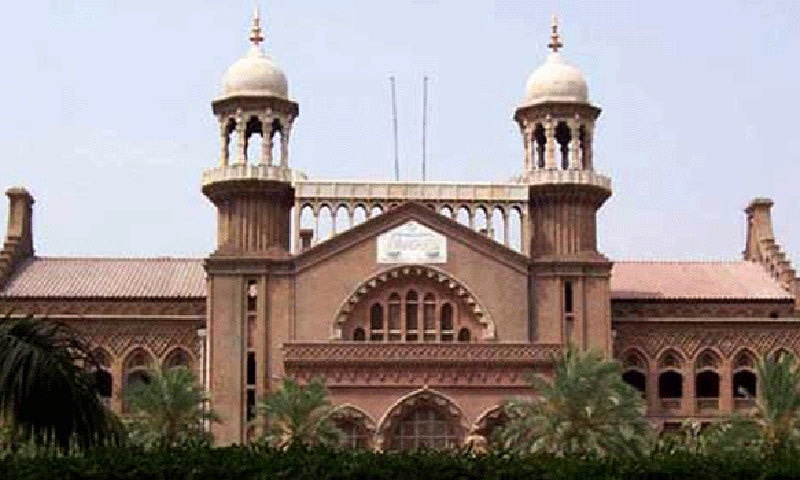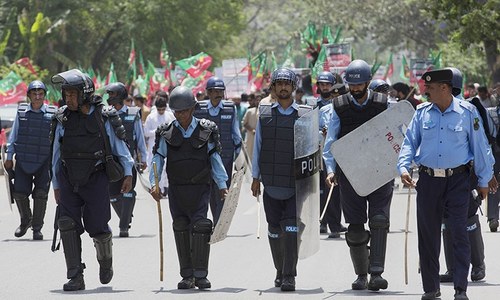LAHORE: The Lahore High Court (LHC) on Tuesday sought detailed replies from the federal and provincial governments to a petition seeking a declaration that secret filming, recording or photographing of individuals both at private and public places without their knowledge or consent, in the absence of any overriding public interest, is an unconstitutional act.
Justice Jawad Hassan was hearing a public interest petition filed by Salman Sufi, a social activist who works for women empowerment and gender reforms in particular.
He moved the petition in the wake of recent incidents wherein privacy of women was breached at the hands of both state and private entities with no regulation or scope for prevention, control or sanction.
Court seeks detailed replies from federal and provincial governments
The petition also referred to a 2017 report by the Digital Rights Foundation Pakistan that women were subjected to online violence that was markedly different from the experience of men. It said that out of the 3,027 cybercrime cases reported to the Federal Investigation Agency, 45 per cent involved electronic violence against women during 2014-15.
Mr Sufi discussed a recent scandal of University of Balochistan in which multiple female students were subjected to harassment and blackmail by the management staff through videos recorded by clandestine and officially installed cameras on the campus.
The petitioner pleaded that the right to privacy, especially pertaining to personal information, was inherently compounded and recognised in the laws of Pakistan, but due to a lack of specific attribution it remained dormant with tacit ascriptions in other laws, resulting in deprivation of liberty and dignity for the citizens.
Mr Sufi requested the court to declare that installation and operation of CCTV cameras at any place accessible to the general public without displaying proper notice or signage of the surveillance was unconstitutional and amounted to breach of privacy.
He also sought directives for all public and private persons, bodies and institutions engaged in collection, storage or regulation of personal data of individuals to employ all necessary and proportionate safeguards against prevention of leakage of the data.
He said these organisations should be directed to identify all responsible persons with access to the data.
The petitioner argued that the law and justice ministry was needed to constitute a committee in order to advise and recommend upon legislation and promulgation of rules in pursuit of protection of “constitutional right of privacy” of the subject.
The court directed the respondents to submit their replies by Dec 23.
Published in Dawn, December 11th, 2019














































